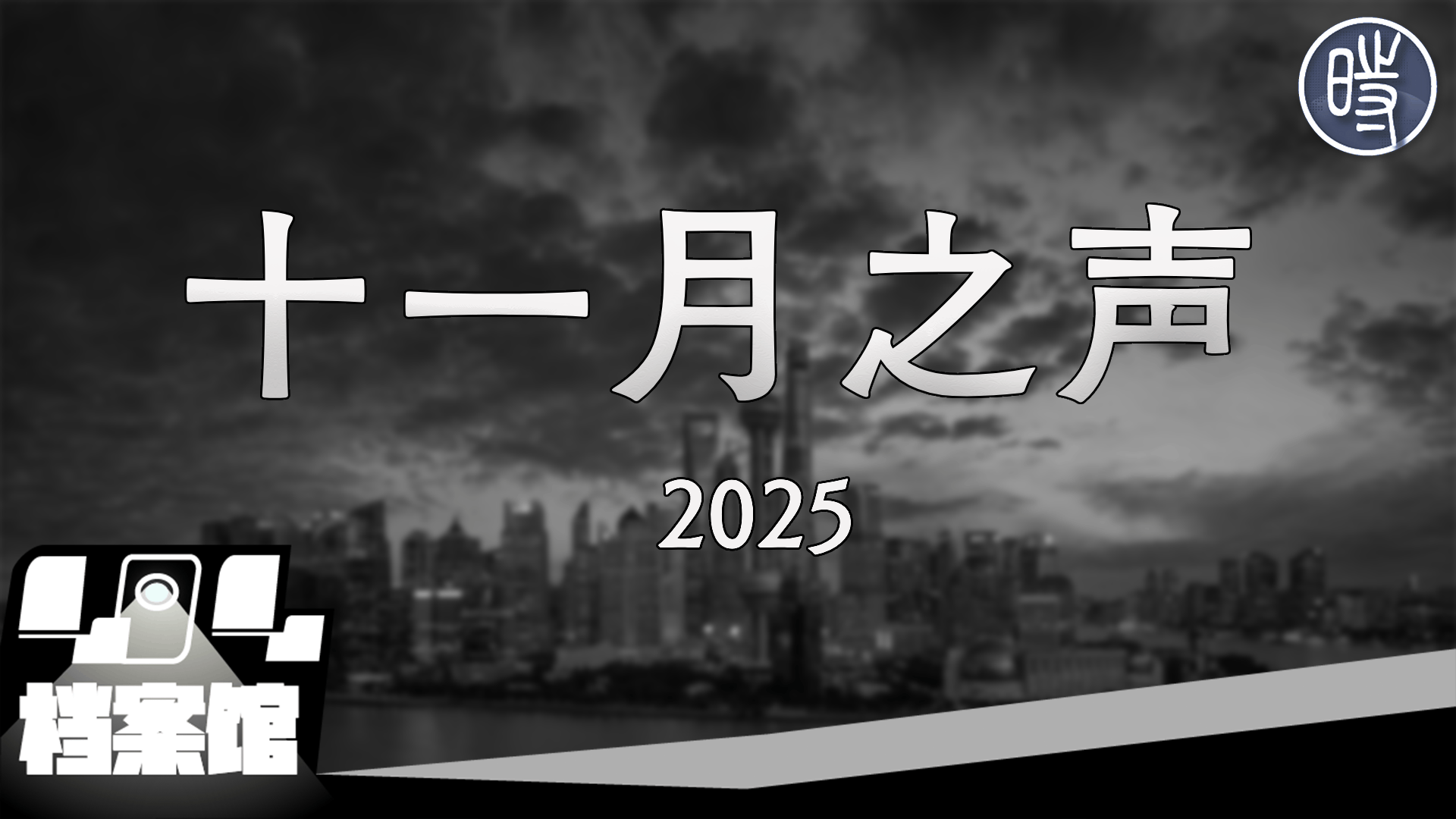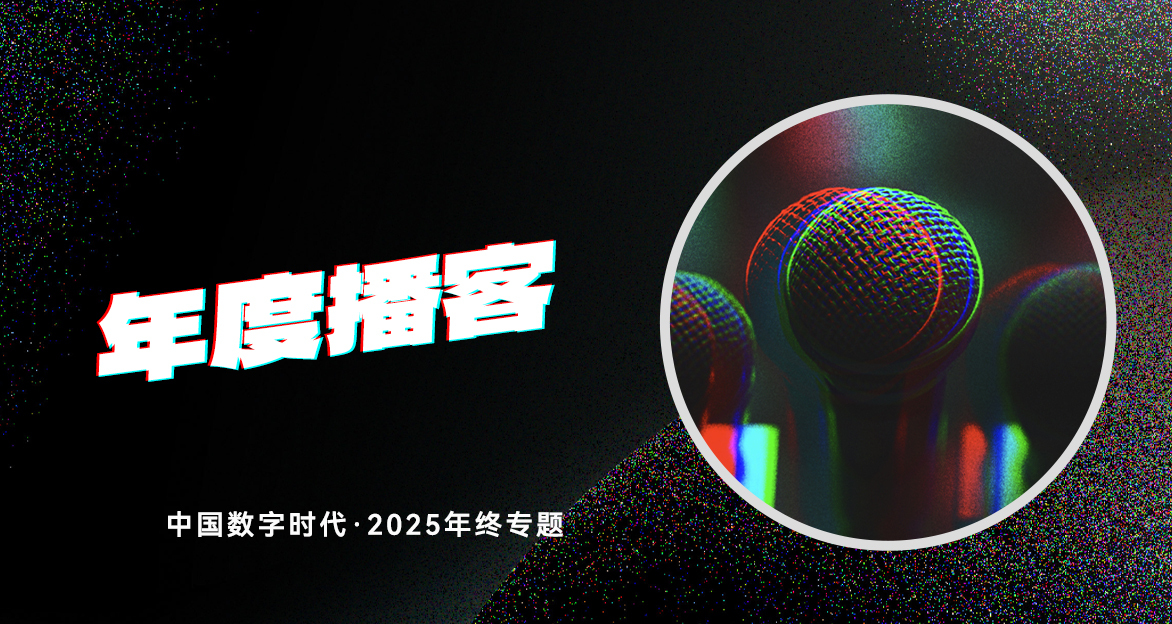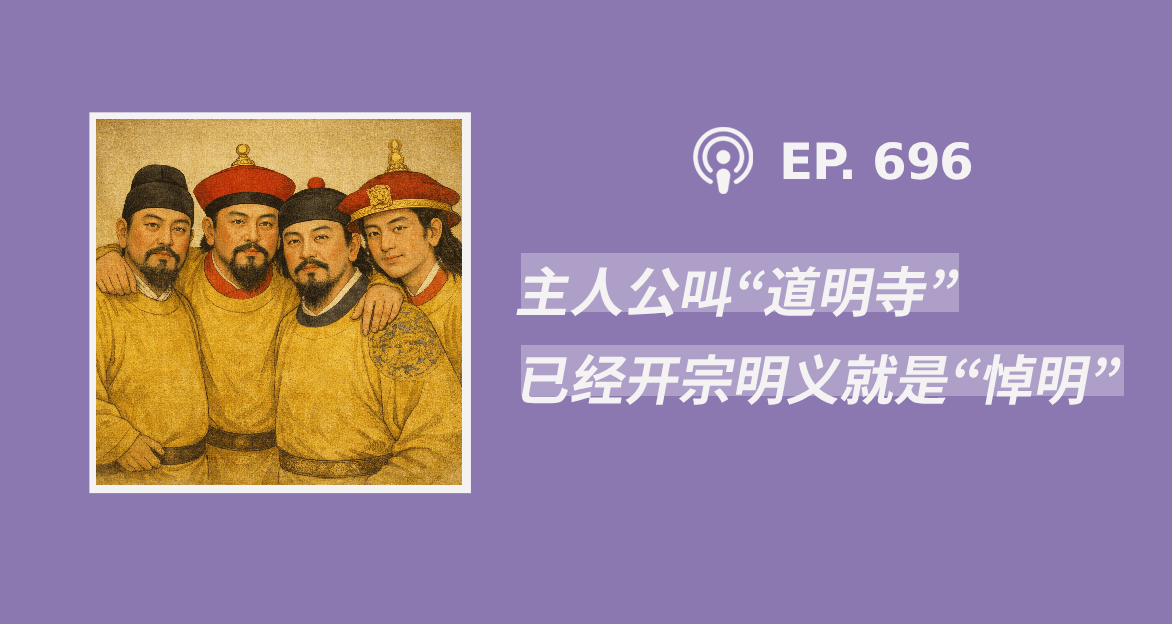纽约时报:美国特使指中国人权倒退
译者:M.W. 校对:南山
北京消息:周四结束与中国方面的人权对话以后,美国人权对话首席代表表示对此次对话进行得十分艰苦。他说美国对中国出现的自由状况的巨大退步表示担忧,并在此次对话中就很多方面与中国方面意见相左。
“我们双方存在极大的分歧。”美中人权对话特使、助理国务卿迈克尔?波士纳在结束与中方的对话后于美国驻华大使馆举行的新闻发布会上 表示,虽然他同时对中国的人权状况将会随着时间的推移得到改善这一点表示乐观。
波士纳指出,在本周为期两天的中美人权对话中,美方向中方质询了关于被中国当局抓捕的人权活动家及法律界活动家的下落,但中方对此一直没有具体的回答。他同时指出,虽然对话一直“语气恭敬”,但双方都能感到由于两国间的分歧加深所引起的严重性。
他说:“我记得除了我以外,没有人站起来说:‘哦,是的,事情变得更糟了。’”但他接着说:“毫无疑问,气氛与以往不同,因为如今的现实就与以往不同。”
在去年10月被中国政府判刑的异议人士刘晓波获得诺贝尔和平奖以后,中国政府抓捕、关押和不断骚扰数百名批评者、律师、博客写作者、 作家和其他中国政府认为危害到其国家安全的人士。这类抓捕和骚扰活动,在今年初中东各国为了推行民主而不断爆发起义,和在互连网上的 匿名人士在中国号召发动茉莉花革命后,急剧加速。
波士纳说,在本次对话中,美方官员对近期中国政府不断增长的对人权律师和异议人士律师的镇压表达了特别关注。包括在2月份失踪的律师和教授滕彪;从去年9月就被软禁的自学成才的盲人律师、公民权利活动家陈光诚,和国际知名的人权律师高智晟。高律师于去年4月失踪, 当时他刚被释放不久,此前一直被关押。
美国官员同时询问了艾未未的情况。这位知名的艺术家和社会评论家在本月初被中国政府拘捕。美国官员也询问了刘晓波的妻子、艺术家和诗 人刘霞的情况。刘霞在刘晓波去年获得诺奖后就一直被当局软禁在家,并被切断了与外界的通信。同时美方询问了被中国政府以间谍罪判刑8 年的美国地质学家薛峰的情况——薛峰是在购买了一个关于中国石油行业的数据库之后被中国判刑的。
波士纳并未详述中国方面对于每个案件的回应,但他所介绍的中国方面对艾未未案的回应大概是范例。波士纳说“关于艾未未案,毫无疑问我们再一次没 有得到满意的答复!不管是他们的答复,还是他们的言辞,都令人非常失望!”
作为外交关系中重要方面的年度人权对话,长期以来一直刺激着中国政府。今年的对话更是在美国国务院发布对中国和其他国家的年度人权报 告后举行。在举行此次对话之前,中国的新闻媒体正在对美国的人权上的一些问题进行猛烈的批评和谴责。在周四中国外交部举行的新闻发布 会上,发言人洪磊指责美国政府“使用人权为借口,干涉中国内政。”
波士纳对此表示否认。他说虽然美国的人权状况并非完美,但美国政府允许各种人士批评和抨击自己的人权缺点,而且在美国进行人权活动完全无须担忧政府 的打击报复。他说:“这些人没有任何风险。我们允许做这些事情。坦诚地说,他们让美国变得更强大。”
附:纽约时报报道原文
U.S. Envoy Sees ‘Backsliding’ of Human Rights in China
Published: April 28, 2011
窗体顶端
窗体底端
BEIJING — The chief United States representative to human rights discussions with China offered a cheerless portrait of those talks after their conclusion on Thursday, saying the United States was worried by “a serious backsliding” of freedoms in China and at loggerheads with Beijing officials over many aspects of the issue.
“Our disagreements are profound,” the envoy, Assistant Secretary of State Michael H. Posner, said at a news conference at the United States Embassy here in Beijing, even as he expressed optimism that China’s rights situation would improve over time.
In the two days of talks this week, however, Mr. Posner indicated that Chinese officials offered few if any concrete responses to American queries about the conditions of the human rights and legal activists who have been seized or imprisoned by Chinese authorities. And he said that the talks, while “respectful in tone,” were colored with new seriousness on both sides by the perception that disagreements between the nations had widened.
“I don’t think anybody stood up and said, ‘Oh yeah, things have gotten worse,’ except me,” he said. But, he added, “there’s no question that the atmosphere is different, because the facts are different.”
Since the imprisoned dissident Liu Xiaobo was awarded the Nobel Peace Prize last October, Chinese authorities have detained, imprisoned or harassed hundreds of critics, lawyers, bloggers, writers and other gadflies deemed a threat to the state’s security. The pace of detentions and harassment accelerated markedly this spring after pro-democracy uprisings in the Middle East prompted an anonymous online campaign for a “jasmine revolution” in China.
In the discussions, Mr. Posner said, American officials raised special concerns about a growing crackdown on lawyers who defend human rights advocates and dissidents. They included Teng Biao, a lawyer and professor who has not been heard from since he vanished in February; Chen Guangcheng, a blind self-taught lawyer and civil rights activist who has been under house arrest since September; and Gao Zhisheng, an internationally recognized rights lawyer who vanished last April shortly after having been freed from a previous confinement.
The officials also asked the Chinese for information on Ai Weiwei, the artist and social critic who has not been seen since he was seized this month, and Liu Xiaobo’s wife, Liu Xia, an artist and poet who has been held incommunicado in the couple’s apartment since her husband was named a Nobel laureate. And they asked about Xue Feng, an American geologist sentenced to eight years in prison last July on charges of stealing state secrets after he bought a database on China’s oil industry.
Mr. Posner did not detail the Chinese response to each case, but his description of the government’s answer to queries about Mr. Ai appeared to be the norm. “On that case,” he said, “we certainly did not get an answer that satisfies. There was no sense, no sense of comfort from the response or the language.”
The annual human rights dialogue, a staple of the diplomatic relationship, has long been irritating to the Chinese. This year’s meeting, held shortly after the State Department issued its annual evaluation of human rights in China and other nations, was preceded by broadsides in the Chinese news media recounting flaws in the United States’ human rights record. At the Foreign Ministry’s briefing on Thursday, a spokesman, Hong Lei, accused Washington of using human rights “as a pretext for meddling in China’s internal affairs.”
Mr. Posner rejected that on Thursday, and he said that while the United States’ record was imperfect, the government allowed critics of all stripes to attack its flaws and crusade for change without fear of retaliation. “Those people are not at risk,” he said. “We allow these things, and frankly, they make us stronger.”
A version of this article appeared in print on April 29, 2011, on page A11 of the New York edition with the headline: U.S. Envoy Sees ‘Backsliding’ Of Human Rights in China.













